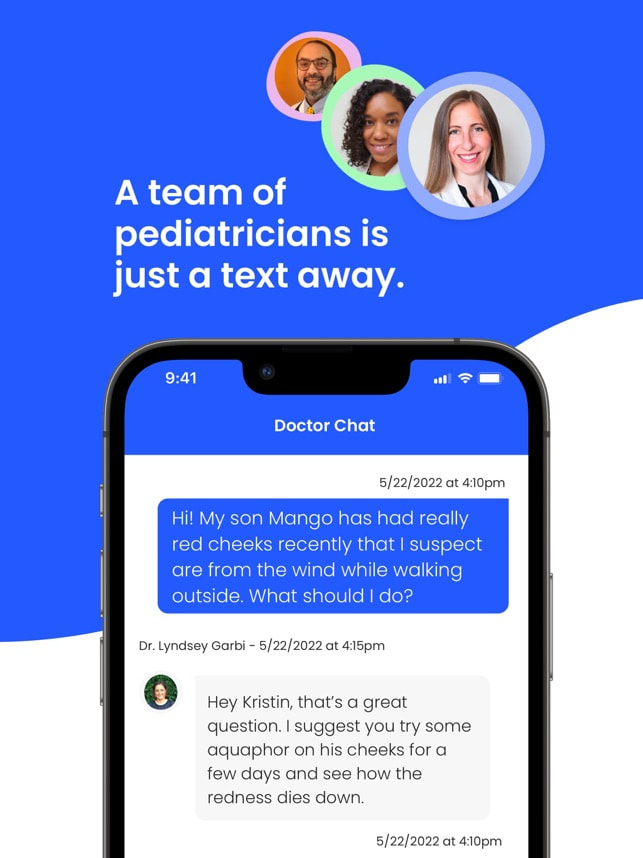|
Being in foster care can be a traumatic experience. Even if you have or had amazing foster parents or never faced abuse... even if you were only in foster care for one week, you still underwent separation from your biological family and that is trauma. Many former foster youth report feeling overwhelmed, scared, and confused about their experiences. It is important to remember that it is normal to feel these emotions and that there are ways to cope with the trauma of foster care.
1. Acknowledge Your Feelings The first step in coping with the trauma of foster care is to acknowledge your feelings. (If you need help figuring out what you're feeling, click here for a feeling wheel that I find helpful!) It’s important to recognize that you have experienced something difficult and that it’s okay for you to feel whatever emotions come up for you. When you can accept your feelings without judgement or criticism, it becomes easier to process them and work through them. 2. Identify People You Trust It can be incredibly helpful to reach out to people who you trust when dealing with trauma from foster care. These people could be biological or foster family members, friends, or professionals such as counselors or therapists (get a free week of virtual therapy with BetterHelp here). It is important to have a support system who will listen without judgement, who you feel safe around, and who can help guide you through your healing journey. Talking about your experiences can also help you gain insight into how your trauma may be impacting your life now so that you can start taking steps towards recovery. 3. Practice Self-Care Self-care is an important part of coping with the trauma of foster care. Taking time each day for activities like exercise, yoga, meditation, journaling, or connecting with nature can help reduce stress and anxiety levels while also promoting feelings of calmness and relaxation. Additionally, engaging in creative activities like drawing or painting can provide an outlet for self-expression while helping to manage difficult emotions like anger or sadness. Taking good care of yourself will allow you to better cope with the trauma of foster care and move forward on your healing journey. 4. Avoid Doing Things that Harm You Negative feelings, like those that stem from trauma, tend to make people do things that make them feel good in the moment but aren't good for them long-term. This includes eating disorders, addictions (like gambling, drugs, alcohol or sex), over-spending, and lacking healthy boundaries in relationships or work. If you are doing any of these things now, remind yourself that they may be hindering the real coping that needs to happen around your trauma. Make a plan -- with a counselor, if at all possible -- to stop. Moving forward, you can ask yourself, "does this help or hurt me?" and if the answer is hurt, you know now you don't need to participate in it. 5. Remind Yourself that You Deserve Love and Joy Find people who truly love you and have your best interests at heart and look for moments of true joy throughout your day. You may not have had love and joy growing up (which wasn't fair to you!), but don't let that make you believe you don't deserve it now. Say it now and if you need to, say it as a daily affirmation statement: "I deserve love and joy!" (But a note, don't let temporary happiness fool you for true joy.) The trauma from being in foster care can be overwhelming and scary but there are ways to cope and heal from these experiences. While your story is unique, interestingly, each of the things on this list are things even non-foster youth have a hard time with. So know, you are not alone in working through these things and it doesn't make you any less of a person because you aren't perfect at them. By acknowledging your feelings, reaching out for support from people who you trust, and practicing self-care activities like exercise, journaling, and creative expression -you will be able to take steps towards recovery from the trauma of foster care so that you can live a healthy life filled with love and joy! |
AuthorI'm a foster mom, bio mom, working mom, special needs mom, busy mom. I'm also married to my high school sweetheart, I'm a proud 23-year childhood cancer survivor, and I'm passionate about serving my community. More from FosterMamaArchives
March 2023
Categories
All
|


 RSS Feed
RSS Feed